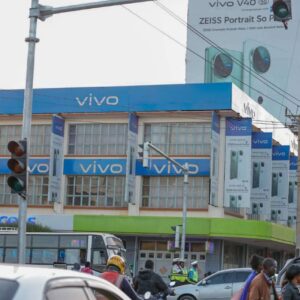At just 22 years old, Amon Kipruto Mely from Western Kenya made a decision that would change his life forever. Struggling to find work and overwhelmed by financial pressure, he chose to sell one of his kidneys , a choice he now deeply regrets.
“If I could go back in time, I would not have allowed my kidney to be removed. I hate myself for it,” Amon shared in a recent interview.
The challenges began after the COVID-19 pandemic. Like many young Kenyans, Amon faced an uncertain job market. He moved from one short-term job to another — in car yards, construction sites, and other casual labor opportunities — without ever finding stability.
An Offer That Seemed Too Good to Be True
When a friend told Amon he could earn $6,000 by donating a kidney, it seemed like a solution to his problems. He agreed without knowing the full risks. A middleman arranged for the procedure at Mediheal Hospital in Eldoret, one of the country’s largest private hospitals.
Amon says he was received by foreign doctors and handed documents written in English — a language he could barely read. No one explained the process clearly.
“They just told me others had done it and were okay. I believed them,” Amon said.
Betrayal and Declining Health
After the surgery, Amon received only $4,000 — far less than promised. He spent the money quickly, buying a phone and a second-hand car. Within months, both had lost value. Worse still, his health began to fail. He started experiencing dizziness and eventually collapsed.
That’s when his mother, Leah Metto, learned about the operation.
“I was shocked,” she said. “They’re making money by exploiting young people like Amon.”
A Warning to Other Youth
Amon’s story is not unique. Across Kenya, and beyond, vulnerable youth are being drawn into a dangerous underground market for human organs. With little oversight and no real protection, many end up with life-long health problems and emotional scars.
“I thought I was buying freedom,” Amon says. “But I lost more than I gained.”
His story serves as a warning — and a call for stronger laws, education, and protection for young people chasing financial hope.














